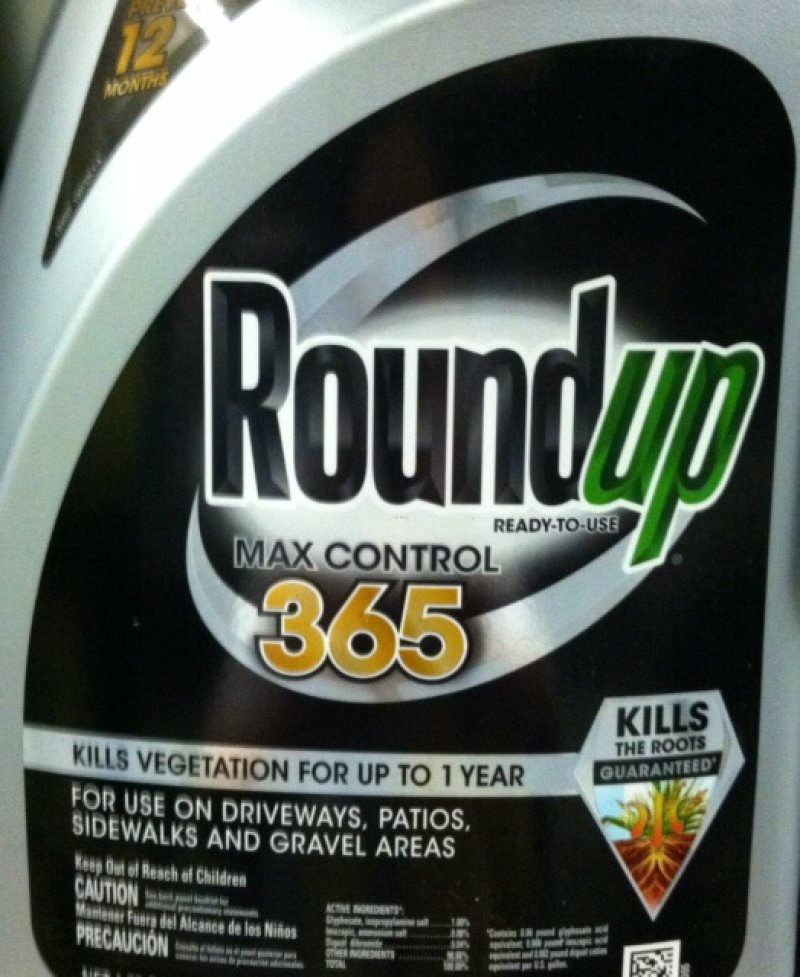A World Health Organization group’s controversial finding that the world’s most popular herbicide “probably is carcinogenic to humans” was based on a thorough scientific review and is a key marker in ongoing evaluations of the product, the scientist who led the study said Thursday.
“There were several studies. There was sufficient evidence in animals, limited evidence in humans and strong supporting evidence showing DNA mutations … and damaged chromosomes,” Aaron Blair, a scientist emeritus at the National Cancer Institute, said in an interview.
Blair chaired the 17-member working group of the WHO’s International Agency for Research on Cancer (IARC), which rocked the agricultural industry on March 20 by classifying glyphosate as “probably” cancer-causing.
Monsanto Co , which has built a $15 billion company on sales of glyphosate-based Roundup herbicide and crops genetically engineered to tolerate being sprayed with Roundup, has demanded a retraction and explanation from WHO.
Monsanto officials have accused the IARC group of relying on “junk science” and basing conclusion on politics rather than sound science. Company officials say glyphosate has been proven safe for decades.
Read full, original article: Scientist defends WHO group report linking herbicide to cancer































